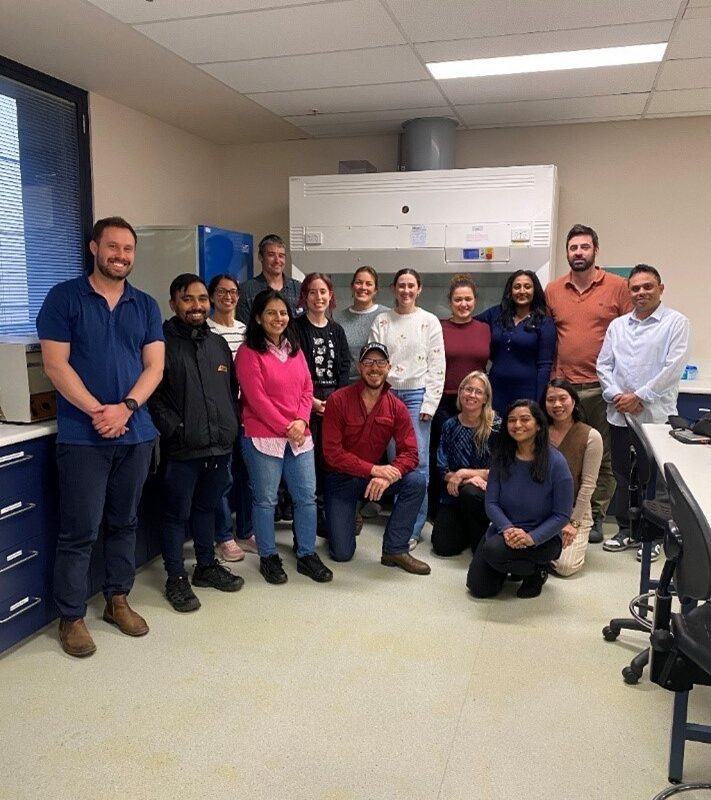Scoping a HTS database for a connected diagnostics system
High throughput sequencing (HTS) technology is being used to increase Australia’s plant pest diagnostic capacity, and deliver rapid, more accurate results to support our agribusiness and our environment.
HTS generates massive datasets and the increasing amount of data being generated on plant pests has emphasised the need for a secure, centralised platform to allow the submission, sharing and analysis of genomic data.
Plant Health Australia (PHA) is working on a project to lay the critical foundation for the design and scope of a national HTS database, which involves significant ongoing consultation with potential users.
The project team conducted the first stakeholder workshop on 2 September 2022 with participants from government departments and research organisations. This workshop identified numerous issues to consider in developing the database’s specifications.
Two further stakeholder workshops are planned to consider these issues in-depth and to identify any other issues. The second virtual workshop will be scheduled for early February and the third in early April.
One-on-one interviews will also be held with stakeholders when needed, to ensure user requirements discussed at the workshops are accurately defined.
The final report with detailed specifications for the database, including recommendations on where to host the HTS database and estimated future running costs, is due for completion at the end of June 2023.
This project is funded under the Department of Agriculture, Fisheries and Forestry’s (DAFF) Biosecurity Innovation Program, which supports collaboration between industry and government, investing in identification, development and implementation of innovative technologies and approaches to enhance the capacity of Australia’s national biosecurity system.






